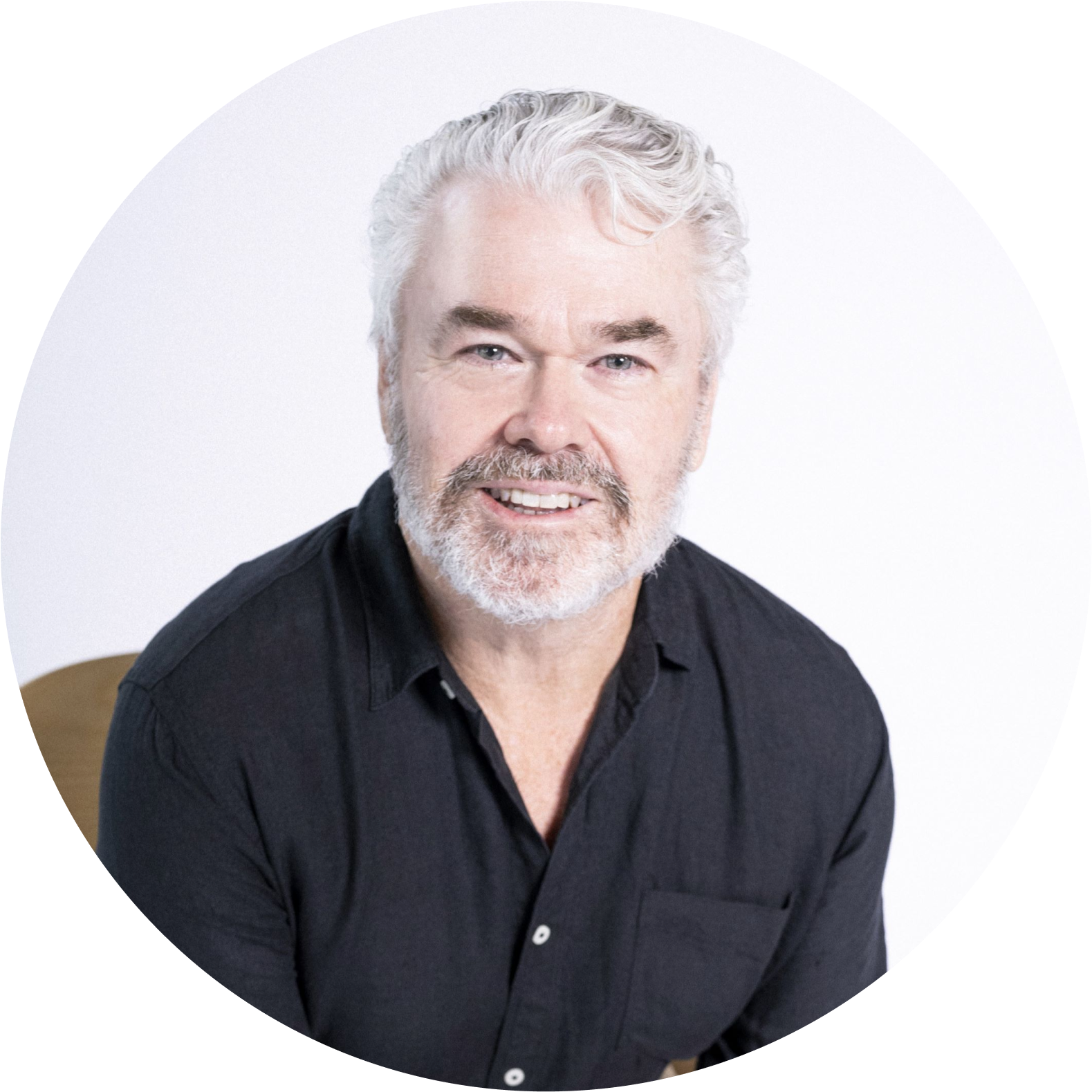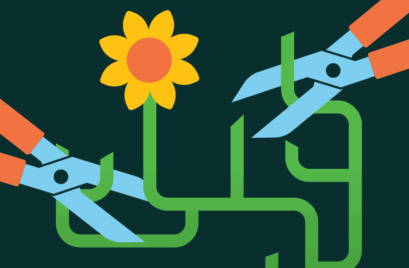
An iconic moment in Superman: The Movie still resonates decades after the film’s release in 1978. Lois Lane, dangling precariously from a helicopter, suddenly loses her grip. As she plummets earthward down the side of a skyscraper, Superman miraculously swoops in, scooping Lois up in his strong arms.
“Easy Miss, I’ve got you,” he says.
“You … you’ve got me?” stammers Lois. “Who’s got you?!”
Sure, it’s all a bit dated now, and let’s not even get into the gender politics. But one thing that’s still worth paying attention to is Lois’ question:
“Who’s got you?”
It’s a great question for all of us. For leaders, though, it has a particular power and urgency. For Superman, of course, the real answer is “no-one”: he’s a super-sole-trader, a veritable one-man show who does it all himself (unless you count his alter-ego Clark Kent).
That’s fine if you’re a hero endowed with superpowers. But real-life leaders are, after all, only human. And as if their everyday challenges weren’t enough, all too often they’re compounded by feelings of isolation, disconnection, and loneliness. Indeed loneliness, for many, is a defining condition of leadership. Leaders might have plenty of contacts, attend lots of meetings and presentations, but still experience very little real human connection. Inevitably, this sense of isolation has negative consequences for self and others, showing up in dulled emotions, lack of enthusiasm and loss of empathy. Studies consistently show that loneliness rivals obesity in its correlation with heart disease, cognitive decline and depression.
Brené Brown describes a leader as “anyone who takes responsibility for finding the potential in people and processes, and who has the courage to develop that potential.” While this speaks powerfully to the leader’s ability to lift others, it says less about the importance of leading self through self-awareness – the cornerstone of effective leadership. And what’s becoming increasingly evident is that a fundamental element of self-leadership is self-care.
Oxygen Masks First
Multidimensional self-care is important to incorporate as an essential leadership practice to facilitate a culture of resilience and well-being in the workplace. And yet, even in these apparently enlightened times, where the strong leader is being superseded by the servant leader, many still compromise or even neglect their own self-care. This is partly because the servant leader’s unwavering focus on their team’s well-being often comes at the cost of their own. While this might seem noble and selfless – a leadership badge of honour – it can seriously undermine leaders’ own effectiveness, as well as that of the people around them. Leaders’ behaviour has a direct impact on the people they lead, and self-care impacts everybody. If we’re having a bad day, everyone suffers; if we’re feeling energised and buoyant, everyone benefits.
Turbulent Times
The enduring challenges of leadership – such as remaining agile in complexity and uncertainty; creating space in time; and yearning for the balcony while stuck on the dance floor – have all been exacerbated during the pandemic. The ongoing impacts of Covid-19 are “unprecedented” (Dictionary.com’s word of the year in 2020), so the urgency of this question “Who’s got you?” comes even more sharply into focus.
The Resources of the Self
Of course, most of us can turn to senior managers, coaches, trusted colleagues and loved ones for support and advice. Often, though, there’s an underlying sense in which the loneliness of leadership comes with the territory, and that senior people shouldn’t be looking to unburden their issues on others: “That’s why they pay you the big bucks, right?” Ultimately, then, leaders have to draw upon their own internal wellsprings of resilience, perspective, and self-belief. As a result, their answer to the question “Who’s got you?” might not be very different to Superman’s.
Multidimensional Self-Care Strategies
So, what to do? The literature is rife with techniques and strategies advising leaders how to survive and thrive in complexity. We know the drill: use your emotional intelligence; avoid overwhelm by “chunking” problems into manageable pieces; trust others and delegate; don’t sweat the small stuff; stay curious, reframe, let go. Remember that from a distance, almost anything is humorous.
There’s unquestionable wisdom, power, and energy in all these leadership strategies. However, when it comes to specific practices of multidimensional self-care, core strategies include:
- Proper sleep, nutrition, exercise and sunlight: exposure to sunlight triggers the release of serotonin in the brain, boosting mood and helping you feel calm and focused.
- Meditation, mindfulness, and breath control: breathing deeply activates your nervous system’s “vagal brake”, improving emotion regulation, social connection, and your fear response.
- Focused attention on mindset and emotions: conscious awareness of what and how you think, and the emotions you feel, is key to self-awareness. This is a fundamental premise of Emotional Intelligence – that I need to know myself in order to manage myself for optimal performance.
- Practicing kindness to self and others: when we practice kindness to ourselves and others, we experience positive mental and physical changes through lowering stress levels and increasing feel-good hormones such as dopamine, oxytocin, and serotonin.
- Celebrating your own and others’ achievements, big and small: celebrating achievements boosts confidence and increases motivation. Marking the moment (little wins as well as big victories) feels great and reinforces the behaviours you want to draw on when you face new challenges.
Deeper appreciation of the importance of self-care for leaders continues to gain momentum and will be normalized over time. Soon enough, self-care will be understood implicitly as foundational to the broader philosophies and practices of regenerative leadership. In the meantime, we can all play our part in modelling and promoting self-care as a serious professional practice. When self-care becomes a new leadership badge of honour, one compelling answer to Lois Lane’s question might be: “I’ve got me”.
Need More Help?
Keen to find out more about how you and your organisation can harness the power of multidimensional self-care strategies? Performance Frontiers are experts in helping guide leaders to survive and thrive in complexity. Speak to Paul today about how we can partner with you to model and promote self-care as a serious professional practice, foundational to the broader philosophies and practices of regenerative leadership.
While every effort has been made to provide valuable, useful information in this publication, this organisation and any related suppliers or associated companies accept no responsibility or any form of liability from reliance upon or use of its contents. Any suggestions should be considered carefully within your own particular circumstances, as they are intended as general information only.







